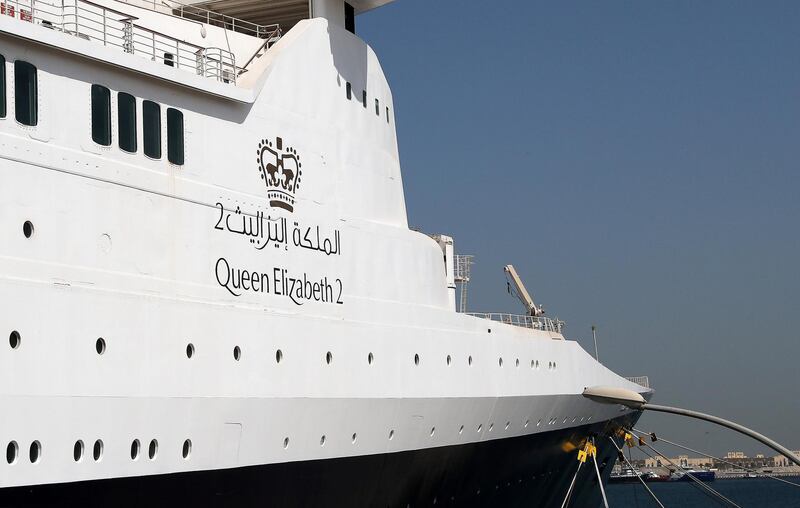It’s now more than a decade since I started writing for The National, and in that time, I have probably written nearly 300 columns. While some are not immediately memorable, others readily spring to mind. Over the weekend, I was reminded of one of my earlier efforts, written back in October 2009.
Headlined "Gunmaker's royal tribute that backfires spectacularly", and written in response to the appearance at the annual Adihex hunting show of a diamond-encrusted, Dh3.5 million sporting rifle, it was perhaps one of the angriest pieces I have ever written.
What roused my fury was the fact that the firearm’s Swedish makers had seen fit to call it the “Sheikh Zayed Mosque Rifle” and were marketing it as a tribute both to the Founding Father and a serene and beautiful place of worship.
I felt then – and still feel now – that doing so was utterly inappropriate.
As I wrote: “A rifle, an instrument of death, being conceived ‘as a tribute’ to a mosque, of all places?” I wrote. “Whatever next? The Al Aqsa Mosque machine-gun? The St Paul's Cathedral gallows? The Vatican City electric chair?”
“The concept of this rifle,” I said, “is an insult to the mosque, to the man who spurred its construction and to Islam itself.”
I never found out what happened to the rifle. I hope it was taken back to Sweden, unsold, to be quietly dismantled and forgotten.
Still, I was reminded of it when I came across another example of a familiar name being used in what is, perhaps, an inappropriate manner. This time, though, I’m amused and a bit bemused, rather than outraged.
On this occasion, the product is not a gun, but a perfume.
Described as “The Scent of Greatness”, is produced, or marketed, at least, by a local company and is named Sheikh Mohammed.
It’s up to the purchaser, one presumes, to decide whether it is named after a particular individual and, if so, which one. We do, after all, have several rather prominent people who carry that name, in Abu Dhabi, Dubai and Fujairah, for example.
There is, though, something rather odd – to my mind, anyway – about trying to use the favourable perception of a public figure as a marketing tool for a product that has little or nothing to do with them.
Ten years ago, I noted that a special charitable organisation had been established in Britain to try to ensure that the name and image of Diana, Princess of Wales, were not used to promote unsuitable items. Legal action was taken, for example, to prevent the sale of the Princess Diana toilet roll and the Princess Diana singing alarm clock.
Admittedly, a perfume isn’t quite at that level. Moreover, since purchasers might associate the product in their own minds with different Sheikh Mohammeds, it would be difficult to lay down a hard- and-fast rule about whether or not the name could be used. It does seem a little tacky to me, although I suspect that in some circles the product might well have achieved a modest degree of success.
I am not against making use of the names of prominent people, both living and dead, for a variety of appropriate purposes. It is quite conventional to use them for the naming of streets, community centres, districts, or new towns – even for ocean-going liners, such as the Queen Elizabeth 2, now anchored in Dubai, or warships, such as the US Navy's John S McCain.
Those are simply ways to honour them and the contributions they have made to society, whether in their home countries or at a more global level, as is the case with the many streets named after the late Nelson Mandela.
The fundamental reason for naming something after a person should, I would argue, be to show respect.
Indeed, in another column, five years ago, I welcomed the initiative by Crown Prince Sheikh Mohamed bin Zayed to name two streets in the capital after two prominent figures in UAE history, Saif Ghobash and Khalifa Al Mubarak, both of whom died in the service of the state. That was a right and proper decision to take. It’s a way of ensuring that they remain a visible part of our history.
It was not, however, entangled with commerce and marketing. The use of the name is not intended to serve any economic objective.
It is my feeling that, where commerce is concerned, care needs to be taken in the use of the names of public figures, even in cases where they have given their explicit consent. Then again, given that I rarely buy and never use perfume, I’m hardly that particular product’s target market.
Peter Hellyer is a consultant specialising in the UAE’s history and culture





